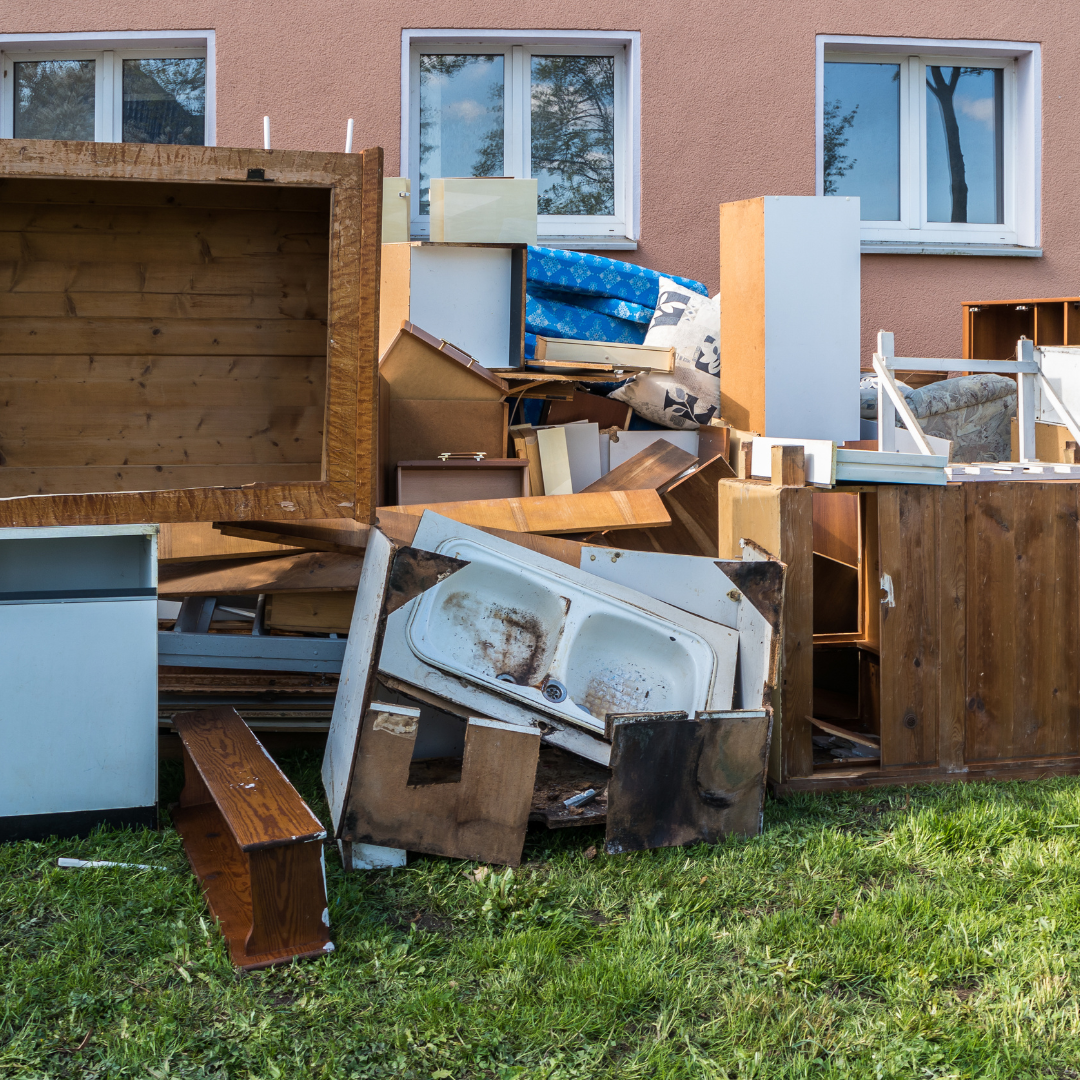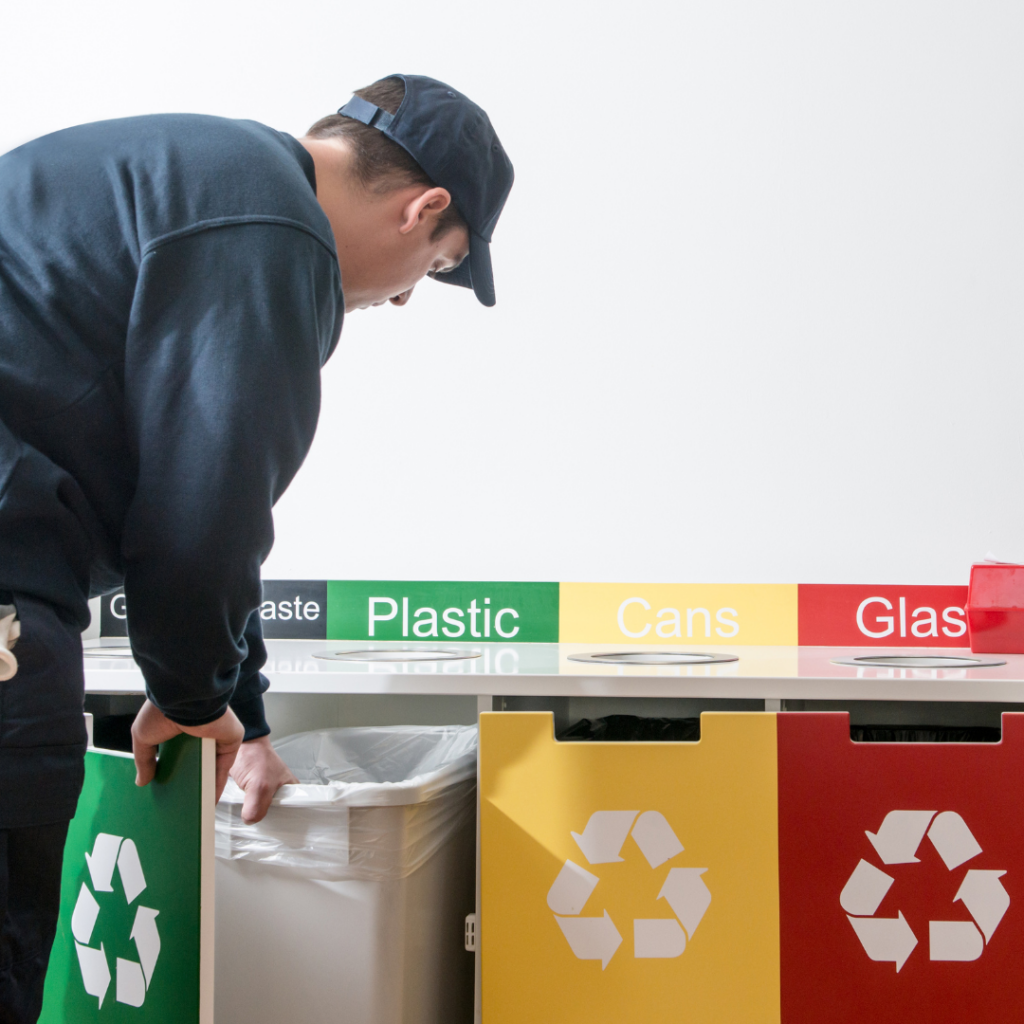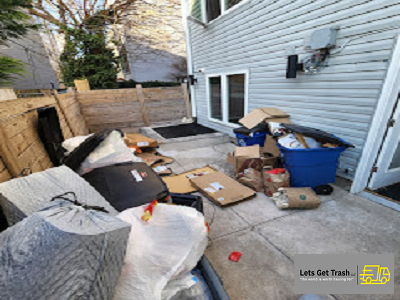Managing trash removal is a crucial aspect of maintaining cleanliness and environmental responsibility. Understanding the intricacies of trash removal costs in this vibrant city is essential for both residents and businesses alike. From municipal services to private contractors, various factors influence the expenses associated with waste disposal. This informational guide delves into the nuances of trash removal in Philadelphia, offering insights into pricing structures, regulatory frameworks, and sustainable disposal practices. Whether you’re a homeowner seeking cost-effective solutions or a business owner navigating waste management services, gaining a comprehensive understanding of the intricacies involved can streamline decision-making processes and promote a cleaner, more sustainable urban environment. Join us as we explore the cost of trash removal in Philadelphia and equip ourselves with the knowledge needed to make informed choices in waste management.
Understanding the Basics of Trash Removal

At its core, trash removal involves the collection, transportation, and disposal of waste generated by residents, businesses, and institutions. This process is typically managed by municipal or private waste management companies, who organize scheduled pickups to ensure the timely removal of garbage from designated areas. In Philadelphia, residents are often provided with trash bins or bags for easy disposal, with guidelines on what can and cannot be thrown away. Additionally, larger items or special types of waste may require specific disposal methods or arrangements. By understanding these basic principles of trash removal, individuals can contribute to a cleaner environment and support the overall well-being of their community. Moreover, staying informed about local regulations and best practices for waste management empowers residents to make responsible choices in disposing of their trash effectively.
Factors Influencing Trash Removal Costs

Trash removal costs in Philadelphia, like any urban area, are influenced by a multitude of factors. Understanding these variables can help residents and businesses alike make informed decisions about waste management services. Here are some key factors to consider:
- Frequency of Pickup: The frequency with which trash is collected directly impacts the overall cost of removal. Most trash removal services offer options for weekly, bi-weekly, or monthly pickups. Generally, more frequent pickups incur higher costs due to increased labor and equipment usage.
- Volume and Type of Waste: The volume and type of waste being disposed of play a significant role in determining costs. Large quantities of heavy or bulky items may require specialized handling and disposal methods, leading to higher fees. Hazardous or prohibited materials may also incur additional charges due to strict disposal regulations.
- Container Size and Type: Trash removal services typically offer a variety of container sizes to accommodate different needs. Larger containers can hold more waste but often come with higher rental fees. Additionally, the type of container (e.g., standard bins, roll-off dumpsters) may affect pricing, with specialized containers designed for specific types of waste commanding higher rates.
- Distance to Disposal Facility: The distance between the pickup location and the disposal facility can influence trash removal costs. Services may charge higher fees for areas located farther away from designated waste processing centers to account for increased fuel and transportation expenses.
By considering these factors when selecting a trash removal service in Philadelphia, individuals and businesses can make informed choices that align with their budget and waste management needs. Additionally, exploring options for reducing waste generation and implementing sustainable practices can help minimize long-term trash removal expenses while contributing to a cleaner environment.
Comparison of Trash Removal Services in Philadelphia

Frequency of Pickup
One of the primary factors to consider is the frequency of trash pickup offered by each service. Some providers offer daily pickup, while others may have a weekly or bi-weekly schedule. Evaluate your specific needs and choose a service that aligns with your waste generation patterns.
Types of Waste Accepted
Different trash removal services may have varying policies regarding the types of waste they accept. While most services handle general household waste, some may specialize in hazardous waste disposal or offer recycling and composting options. Assess your waste stream to ensure compatibility with the services provided.
Cost Structure
Pricing models can vary significantly among trash removal services. Some providers offer flat-rate pricing, while others may charge based on the volume or weight of trash collected. Consider your budget and compare pricing structures to find a service that offers the best value for your money.
Additional Services
Beyond basic trash pickup, many service providers offer additional services such as bulky item removal, yard waste collection, and dumpster rental. Evaluate your supplementary waste management needs and choose a provider that offers comprehensive solutions.
Customer Reviews and Reputation
Researching customer reviews and assessing the reputation of trash removal services can provide valuable insights into their reliability, professionalism, and customer satisfaction levels. Look for testimonials and ratings from existing customers to gauge the quality of service offered by each provider.
Environmental Sustainability
Increasingly, consumers are prioritizing environmental sustainability when choosing trash removal services. Consider providers that prioritize eco-friendly practices such as recycling, composting, and waste diversion to minimize environmental impact and promote sustainability.
Customer Support and Accessibility
Responsive customer support and easy accessibility can make a significant difference in your trash removal experience. Evaluate the responsiveness of each provider’s customer service team and assess the convenience of scheduling pickups and managing account details.
Municipal Waste Management Regulations in Philadelphia
Municipal waste management regulations play a pivotal role in shaping the city’s approach to trash removal. These regulations encompass a wide range of guidelines and ordinances designed to ensure safe, efficient, and environmentally responsible waste disposal practices. Key aspects of these regulations include requirements for proper waste segregation, designated pickup schedules, and guidelines for recycling and hazardous waste disposal. Compliance with these regulations is mandatory for residents and businesses alike, with penalties imposed for non-compliance. Additionally, the city may provide incentives or assistance programs to encourage adherence to waste management regulations. By adhering to these regulations, Philadelphia aims to minimize environmental impact, protect public health, and promote sustainability in waste management practices throughout the city.
Conclusion
Understanding the cost of trash removal in Philadelphia is essential for residents and businesses alike. Let’s Get Trash stands ready to assist with your waste management needs, offering reliable services tailored to fit your budget and schedule. With our commitment to efficient and eco-friendly practices, we strive to make a positive impact on the local community and environment. Whether you’re renovating your home, managing a construction project, or simply need routine garbage collection, our dedicated team is here to help. Contact Let’s Get Trash today at (215) 791-6239 to learn more about our services and how we can streamline your trash removal process. Together, let’s keep Philadelphia clean and thriving for generations to come.






